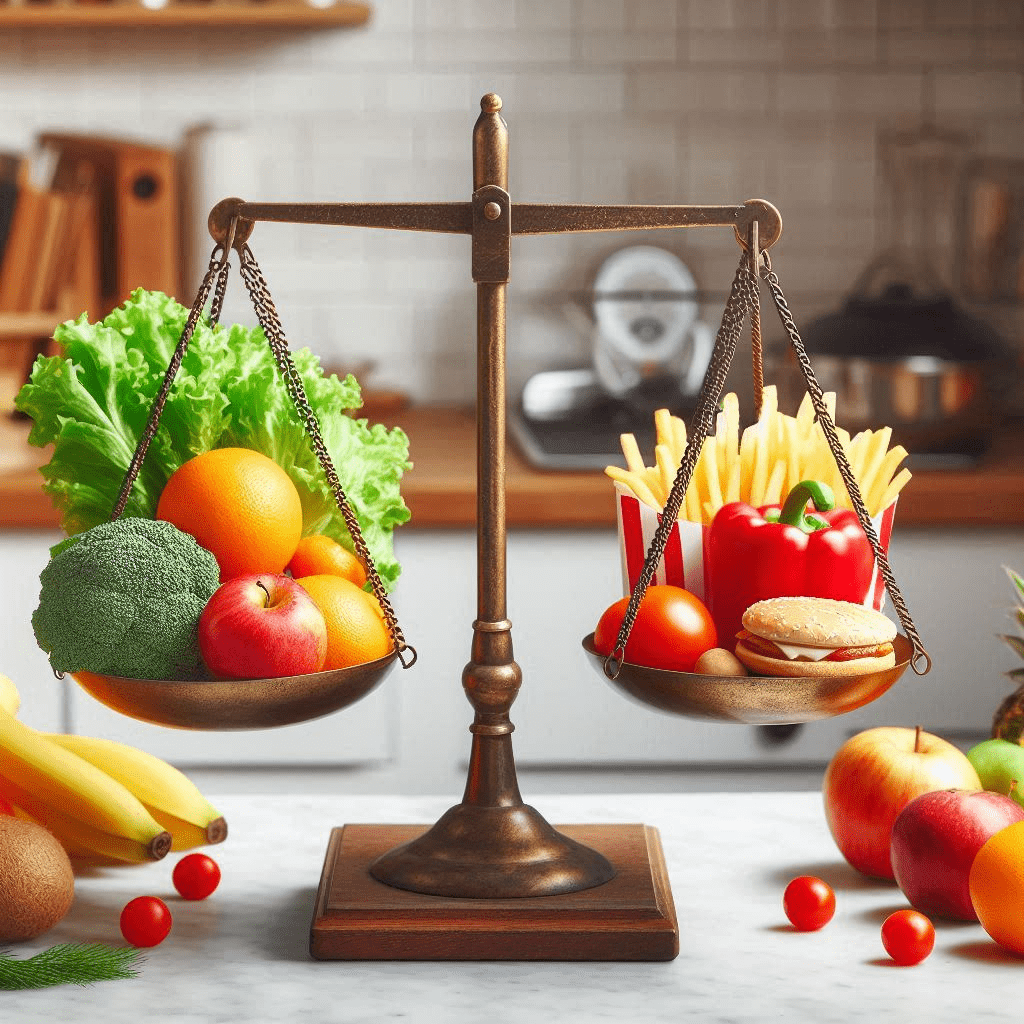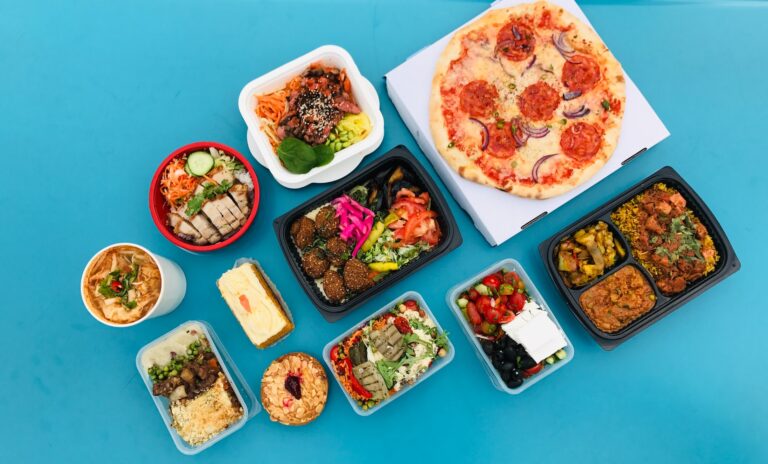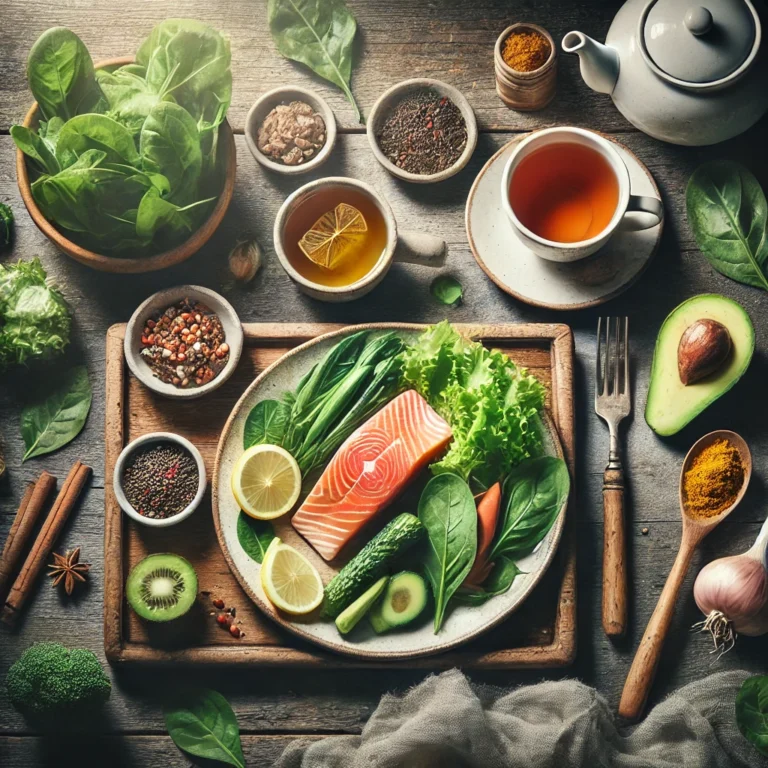Taming the Gut: A Guide to Foods that Trigger Crohn’s Disease
Living with Crohn’s disease can feel like a constant juggling act, with symptoms like abdominal pain, fatigue, and frequent bowel movements significantly impacting daily life. One crucial element you can control is your diet. Knowing what foods to avoid with Crohn’s disease can play a critical role in managing these symptoms. This guide will help you identify the worst foods for Crohn’s disease, what foods trigger Crohn’s flare-ups, and how to create a Crohn’s disease-friendly diet to improve your quality of life. Paying attention to certain foods to avoid with Crohn’s disease and identifying Crohn’s trigger foods can help manage symptoms, while others can promote gut health and minimise flare-ups. This comprehensive guide empowers you to make informed dietary choices by identifying common trigger foods and exploring alternative options. By understanding the impact of food on your Crohn’s disease, you can take charge of your well-being and experience a significant improvement in your quality of life.
Crohn’s Disease Foods to Avoid: Unmasking the Worst Culprits
While the exact reasons behind individual sensitivities vary, several.foods consistently rank high on the list of Crohn’s disease foods to avoid and trigger foods:

The Fiery Foes: Spicy Foods
Spicy food lovers, beware! Capsaicin, the compound that gives chilli peppers their kick, can be one of the worst foods for Crohn’s disease, acting as a potent irritant for the inflamed gut lining. Recognising spicy dishes as Crohn’s food triggers is essential in managing flare-ups. Spicy dishes can trigger uncomfortable burning sensations, cramping, and even worsen diarrhoea1.
Fatty Fare: The Greasy Culprit
Fried foods, processed meats, and anything heavy in saturated fat can exacerbate Crohn’s symptoms. These fatty foods to avoid with Crohn’s disease take longer to digest, exacerbating symptoms and leading to bloating, cramping, and diarrhoea. Think of your gut as a delicate engine – greasy foods are like pouring thick oil into it, hindering smooth operation.
High-Fibre Frenzy: A Double-Edged Sword
While fibre is generally heralded as a digestive hero, high-fibre foods can be Crohn’s disease trigger foods. High-fibre foods like whole grains, legumes, and certain fruits and vegetables can be Crohn’s trigger foods and difficult to digest, causing irritation and triggering symptoms. However, don’t despair! Not all fibre is created equal. Soluble fibre, found in oats and applesauce, is gentler on the gut than insoluble fibre in bran and nuts. Working with a registered dietitian can help you identify the right types of fibre for your unique needs.
The Dairy Dilemma: Lactose Intolerance and Crohn’s Disease
Lactose intolerance is a common comorbidity, making dairy products among the worst foods for Crohn’s disease. For many, these are key Crohn’s disease trigger foods, exacerbating symptoms like bloating and abdominal pain. It’s vital to identify foods that irritate Crohn’s disease, such as dairy, to tailor a more suitable diet. Dairy products like milk, cheese, and yoghurt can trigger bloating, gas, and abdominal pain in those who struggle to digest lactose. But even for those without diagnosed lactose intolerance, dairy products can worsen inflammation throughout the body, potentially exacerbating Crohn’s symptoms. Thankfully, a wide range of lactose-free dairy alternatives and calcium-rich plant-based milks are readily available.
What Foods to Avoid with Crohn’s Disease and Why
When managing Crohn’s, understanding what foods to avoid with Crohn’s disease is key. Processed foods, red meat, and high-fibre foods often make the list of Crohn’s disease foods to avoid due to their potential to trigger symptoms. Learning how these foods affect your gut can guide you in developing a more Crohn’s disease-friendly diet.
Beyond the Usual Suspects: Exploring Other Potential Triggers
The list doesn’t stop there. Here are some other Crohn’s foods to avoid and potential dietary culprits:
Caffeine Chaos: A Stimulant to Avoid
That morning cup of coffee might be a double-edged sword. Caffeine can stimulate the digestive system, leading to increased bowel movements and worsening abdominal pain for some individuals with Crohn’s disease. Moderation is key, and exploring herbal tea alternatives may be a good option.
Processed Peril: A Web of Unhealthy Ingredients
Processed foods, often loaded with unhealthy fats, sugars, and artificial additives, are generally best avoided by everyone. However, for those with Crohn’s disease, they can be particularly problematic. These ingredients can irritate the gut lining and worsen symptoms. When it comes to food labels, become a detective! Scrutinise ingredients lists and opt for whole, unprocessed foods whenever possible.
Red Meat Rebellion: A Digestion Challenge
Red meat, while a good source of protein and iron, can be difficult to digest for some with Crohn’s disease. The high fat content can slow digestion and exacerbate symptoms. Opting for leaner protein sources like fish, poultry, and legumes can be a better choice.
Unmasking Your Crohn’s Triggers: Common Trigger Foods Revealed
Remember, the impact of food on Crohn’s disease is highly individual. What triggers one person’s symptoms may be perfectly tolerated by another. The key to navigating this dietary minefield lies in identifying your own personal triggers. Keeping a meticulous food diary is an invaluable tool in this detective work. Record everything you eat and drink, alongside any symptoms you experience. Over time, patterns may emerge, revealing the foods that consistently trigger flare-ups.
Working with Your Healthcare Team: Tailoring a Personalised Nutrition Plan
Don’t embark on this dietary journey alone. Your gastroenterologist, registered dietitian, and other healthcare professionals are your partners in managing Crohn’s disease. Discuss your food diary findings with them and work collaboratively to develop a personalised nutrition plan that optimises your gut health and minimises the risk of flare-ups. They can also provide guidance on:
- Nutritional Deficiencies: Crohn’s disease can sometimes lead to nutrient deficiencies, particularly iron, vitamin B12, and vitamin D. Your healthcare team can assess your needs and recommend dietary adjustments or supplements to ensure you’re getting the essential nutrients your body craves.
- Safe and Effective Supplements: Certain supplements like probiotics and fish oil have shown promise in managing Crohn’s disease symptoms. However, it’s crucial to discuss any supplements with your doctor before incorporating them into your routine, as some may interact with medications.
Living Well with Crohn’s: Embracing a Balanced and Flexible Approach
Remember, managing Crohn’s disease through diet isn’t about rigid restrictions. It’s about adopting a balanced and flexible approach that prioritises gut health and minimises flare-ups. Here are some additional tips for success:
- Small and Frequent Meals: Opt for smaller, more frequent meals throughout the day instead of a few large ones. This can be gentler on your digestive system and help prevent discomfort.
- Staying Hydrated: Adequate hydration is crucial for overall health and even more so for those with Crohn’s disease. Aim to drink plenty of water throughout the day to keep your digestive system functioning smoothly.
- Mindful Eating: Slow down and savour your food. Chewing thoroughly aids digestion and allows your body to better absorb nutrients.
- Stress Management: Stress can exacerbate Crohn’s symptoms. Techniques like meditation, yoga, and deep breathing can help manage stress levels and contribute to overall well-being.
The Takeaway: Knowledge is Power
By understanding what foods to avoid with Crohn’s disease, including identifying the worst foods for Crohn’s disease, you can better manage your symptoms. Collaborating with your healthcare team helps you refine a Crohn’s disease-friendly diet that avoids common Crohn’s food triggers. Taking these steps will empower you to improve your gut health and overall quality of life. Remember, there’s no single “one-size-fits-all” solution. The key is to experiment, be mindful, and personalise your dietary approach to experience a better quality of life and fewer flare-ups. With knowledge as your weapon, you can navigate the world of food with confidence and live well with Crohn’s disease. As you adjust your diet, you can also explore Crohn’s-friendly meals that provide nutrition without aggravating symptoms.
Frequently Asked Questions about Crohn’s Disease Food Triggers
Certain foods exacerbate symptoms in individuals with Crohn’s disease. Common trigger foods include high-fibre foods, spicy foods, fatty foods, dairy products, caffeine, alcohol, and raw fruits and vegetables. Identifying and avoiding specific triggers with the help of a food diary and healthcare professional is crucial.
Bananas can be beneficial for individuals with Crohn’s disease. They are easily digestible and rich in potassium, which can help replenish electrolytes lost during flare-ups. Ripe bananas, particularly those with brown spots, are lower in FODMAPs and may be gentler on the digestive system. However, some people with Crohn’s may find that unripe bananas exacerbate their symptoms due to their higher starch content. It’s best to monitor how bananas affect your symptoms and consume them in moderation.
When choosing biscuits to eat with Crohn’s disease, it’s essential to opt for varieties that are low in fibre and gentle on the digestive system. Plain, lightly sweetened biscuits made with refined flour may be easier to digest than those containing whole grains or seeds. It’s also a good idea to avoid biscuits with added nuts or dried fruits, as these can be harder to digest and may exacerbate symptoms.
Broccoli is a cruciferous vegetable that contains high levels of fibre and certain compounds that may be difficult for individuals with Crohn’s disease to tolerate. While some people with Crohn’s may be able to eat small amounts of cooked broccoli without experiencing adverse effects, others may find that it exacerbates their symptoms, such as gas, bloating, and abdominal discomfort. Opting for low FODMAP vegetables and cooking methods like steaming or boiling may help reduce the likelihood of triggering symptoms.





